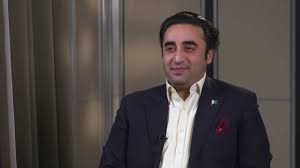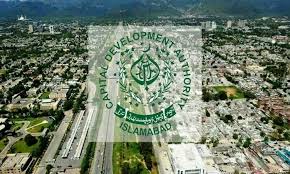Russian scientists may send mice in space

Moscow: Russian scientists may send mice into the first flight around the Moon to study the influence of space factors on the human body, Director of the Institute of Medical and Biological Problems within the Russian Academy of Sciences, Doctor of Medical Sciences Oleg Orlov said.
“We officially put forward a proposal as part of the work on the super-heavy carrier rocket, which envisages a flight by a manned spacecraft mockup to the Moon… The mockup should be arranged as a biological satellite to carry out research in advance into biological species in the conditions of a real flight around the Moon using the scenario that will be stipulated for crewed flights,” he said, adding that this was just a proposal and no official decision had been made yet.
This was the way chosen by Soviet scientists to prepare Yuri Gagarin for the first space flight, the researcher said.
Deputy Director of the Institute of Medical and Biological Problems Vladimir Sychyov said that if an opportunity emerged to use the future transport manned spacecraft Federatsiya (Federation), the scientists wanted to use it to send mice to the Moon aboard it.
The rodents have been chosen as the basic target of the research because they have been studied well, he said.
“And, considering that the spacecraft is quite large, we will try to increase the number of animals as well. A great lot of same-type experiments have to be carried out to get consistent results and then we will be confident in the consistency of the result,” the researcher said.
The Federatsiya spacecraft is being developed by the Energia Space Rocket Corporation. The spacecraft is designed to deliver humans and cargoes both into a near-Earth orbit and into deep space. The spacecraft will have a crew of up to 4 persons. It will be capable of operating in the mode of an autonomous flight for up to 30 days and for a term of a year as part of an orbital station.
As the Energia press office reported, the corporation has issued the main volume of working design documentation for holding autonomous and comprehensive trials. Energia has also launched work to make the mockups of the spacecraft’s compartments, including their structural design and onboard systems. The promising transport spacecraft is scheduled to enter flight trials in 2023.





